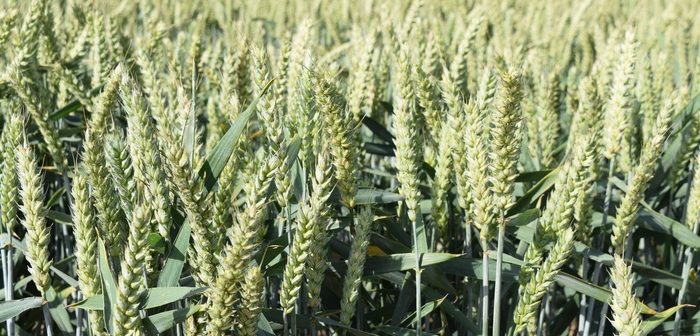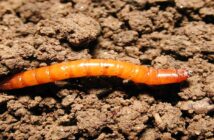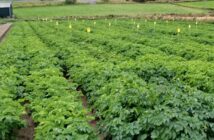A major new report released in Brussels today highlights the pivotal contribution of plant breeding to sustainable agriculture in Europe, both historically over the past 20 years and, crucially, over the coming decades with growing pressure to reduce the use of synthetic pesticide and fertiliser inputs.
The 327-page report, by independent scientific consultancy HFFA Research GmbH, concludes that innovation in European plant breeding has also contributed significantly to wider socio-economic and environmental goals such as improved farm incomes, food price stability, reduced greenhouse gas emissions, and conservation of key natural resources such as land, water and biodiversity.
In the context of the EU’s Farm to Fork Strategy commitment to reduce pesticide and fertiliser use by 50% and 20% respectively by 2030, the report’s authors Steffen Noleppa and Matti Cartsburg conclude that even greater investment and innovation in plant breeding will be essential to mitigate future crop production losses.
While those losses could potentially be halved with plant breeding improvements at current pace, the authors suggest that access to accelerated plant breeding techniques such as gene editing will be a potential game-changer in closing the expected gap in EU food production.
They call on policy-makers to do more to support the development of new and improved seed varieties, for example by strengthening support for early-stage and translational research, ensuring an evidence-based regulatory framework – including for new breeding techniques – and encouraging greater public awareness of the benefits of plant breeding in agriculture and beyond.
Key highlights of the study are as follows:
- On average across all major EU arable crops, plant breeding accounts for approximately 67% of innovation-induced yield growth, equal to a yield increase of 1.16% per annum;
- EU arable crop production would have been more than 20% lower in 2020 without the genetic crop improvements delivered by plant breeders since 2000;
- Without innovation in plant breeding over the past 20 years, the EU would have become a net importer in all major arable crops in 2020, including wheat and other cereals;
- Plant breeding contributes to global food security, with genetic improvements in the past 20 years assuring additional food availability for 168 million humans at global scale.
- Approximately one third of current arable farm incomes in the EU is attributable to plant breeding improvements over the past 20 years;
- By generating higher yields per unit of area, plant breeding has helped reduce global demand for agricultural land use by more than 21.5 million hectares, also saving almost 4 billion tonnes in direct CO2 emissions over the past 20 years.
BSPB chief executive Samantha Brooke welcomed the report’s findings as further independent confirmation that continued innovation in plant breeding will be the single most important factor in helping farmers respond to the urgent global challenges of food security, climate change and sustainable development.
“This comprehensive report crystallises within a single document the contribution of plant breeding not only to sustainable agriculture and food production, but also to the delivery of wider socio-economic, climate, biodiversity and resource conservation objectives,” she said.
“BSPB will use the information contained in this report, including the specific analysis for the UK, to make the case for a more explicit focus on the policy measures needed to boost investment in the UK-based plant breeding and seeds sectors, from research funding priorities to the development of a more enabling and proportionate regulatory environment for genetic innovation.”




